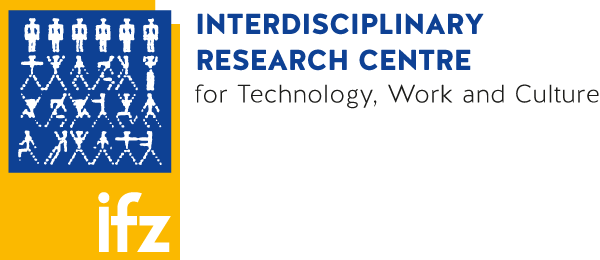Biogas as Fuel and for Stationary Applications: Ecological, Economic and Sociological Assessment
Within the project IFZ investigates supportive framework conditions, potential fields of conflict and cooperation from a social science perspective.
Austrian Climate and Energy Fund, Programme “Energy of Tomorrow”
2008-2010
- Energy Agency Graz (co-ordinator)
- Joanneum Research
- University of Life Sciences
- OMV
The lead project „Virtual Biogas“ will make the renewable energy source biogas available and certifiable throughout the existing natural gas network. As a result there are numerous applications in the transport sector (biogas fueling stations and vehicles) as well as stationary combustion plants like high efficient and decentralized combined heat and power or direct substitution of fossil gas. On the other hand questions with regard to ecological, agricultural, social as well as micro and macro economic dimensions of this energy system have to be addressed.
One of the midterm goals are cost effective and CO2-neutral gas powered vehicles with a share of 5% of the automotive fuels thus contributing substantially to the European Biofuels-Directive and saving 1 Mio. t/year of CO2-Emissions.
The project “On-grid Biogas as Fuel and for Stationary Applications: Ecological, Economic and Sociological Assessment” is one of the work packages of the lead project and deals with a „comprehensive ecological and economic survey“ of the renewable energy carrier biogas.The study follows a variety of biogas utilization pathways, starting from the production and fermentation of the biomass, biogas cleaning and feeding into the network to the final usage and provision of transport, heating and electric energy services.
Within the project IFZ investigates supportive framework conditions, potential fields of conflict and cooperation from a social science perspective. The aim of this actor mapping and constellation analysis is to gain a better understanding of the range of positions and interests of stakeholders, identify possible barriers and opportunities for implementation of ‘virtual biogas’ and identify instruments and strategies to improve the regulatory context.
